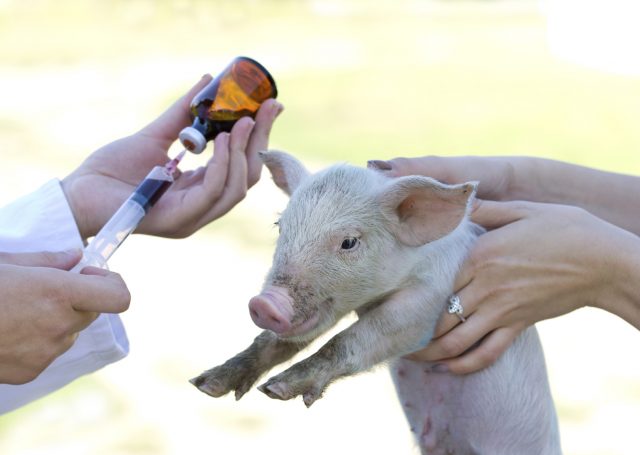Antimicrobial is an agent that kills microorganisms or stops their growth. They may include antibacterial, antiviral, antifungal and antiprotozoal drugs.
They could also be referred to as essential tools for ensuring the maintenance of health and welfare in companion animals, livestock, wildlife and other animals.
However, the resistance of these antimicrobials is becoming a global health concern and this risk is increased by inappropriate use patterns, or inappropriate choice of drug for the condition under treatment. The role of veterinarians in ensuring proper use of these drugs is therefore critical.
Veterinarians must document any adverse reactions that are observed including any decline in efficacy of a previously effective antimicrobial and ensure that such cases are reported to the manufacturer.
It is the work of the veterinarians to ensure that all antimicrobials are labelled, used and stored correctly, and be in date. Full records must be kept in accordance with statutory requirements.
The veterinarian should provide the client with written advice about withholding periods and export slaughter intervals, so as not to be liable for any residue violations, should they occur.
A veterinarian prescribing either an in-feed or in-water antimicrobial must have adequate knowledge of the mixing procedures or delivery systems required to ensure homogeneity of distribution of the medication to the animal and provide written instructions on duration of treatment.
A veterinarian prescribing either an in-feed or in-water antimicrobial must have adequate knowledge of the mixing procedures or delivery systems required to ensure homogeneity of distribution of the medication to the animal and provide written instructions on duration of treatment.
Veterinarians should stress to owners the importance of routine preventive healthcare, animal husbandry techniques and infection control procedures to reduce the risk of disease and therefore reduce the need for antimicrobial therapy.
Veterinarians must use antimicrobials judiciously, in order to provide optimal healthcare for their patients, reduce the development of antimicrobial resistance (AMR) and preserve these critical medicines for future use.




